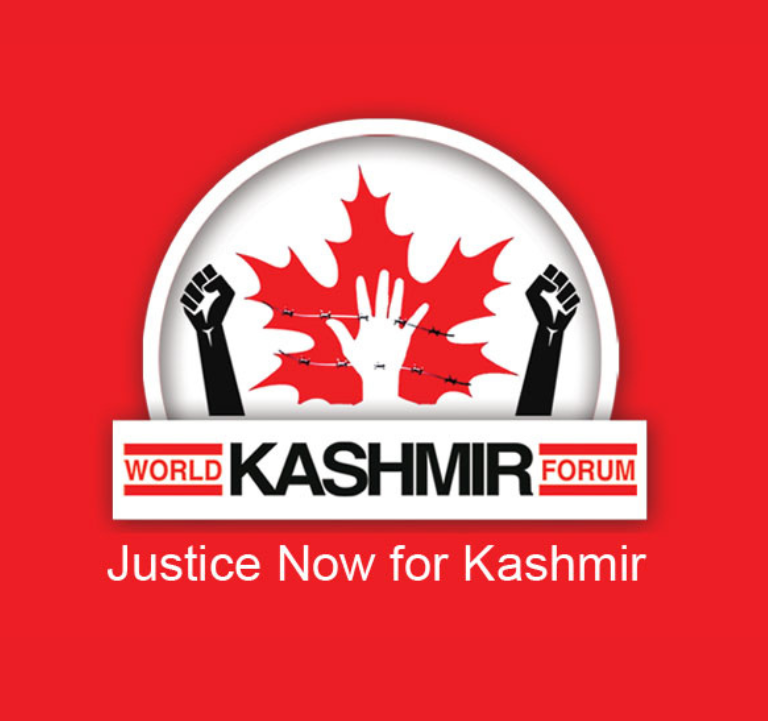The longest pending disputes on the agenda of
The United Nations Security Council
The Jammu and Kashmir conflict remains one of the most enduring disputes on the United Nations Security Council’s (UNSC) agenda. Numerous UNSC resolutions affirm the Kashmiris’ right to self-determination and outline the process for resolving the Jammu and Kashmir issue. These resolutions clearly assert that the final status of Jammu and Kashmir should be determined by the will of the people, expressed through a free and impartial plebiscite supervised by the United Nations. Since forcibly annexing Jammu and Kashmir on 27 October 1947, India has taken various measures to solidify its control over the region. A significant development occurred on 5 August 2019, when India revoked the special status of the Indian Illegally Occupied Jammu and Kashmir (IIOJK) and divided it into two ‘Union Territories,’ thereby altering its internationally recognized disputed status and undermining the Kashmiri people’s right to self-determination. Since then, India has embarked on a process to reshape the demographic composition and political landscape of IIOJK, with the ultimate goal of reducing the Kashmiri people to a marginalized minority in their own homeland.




